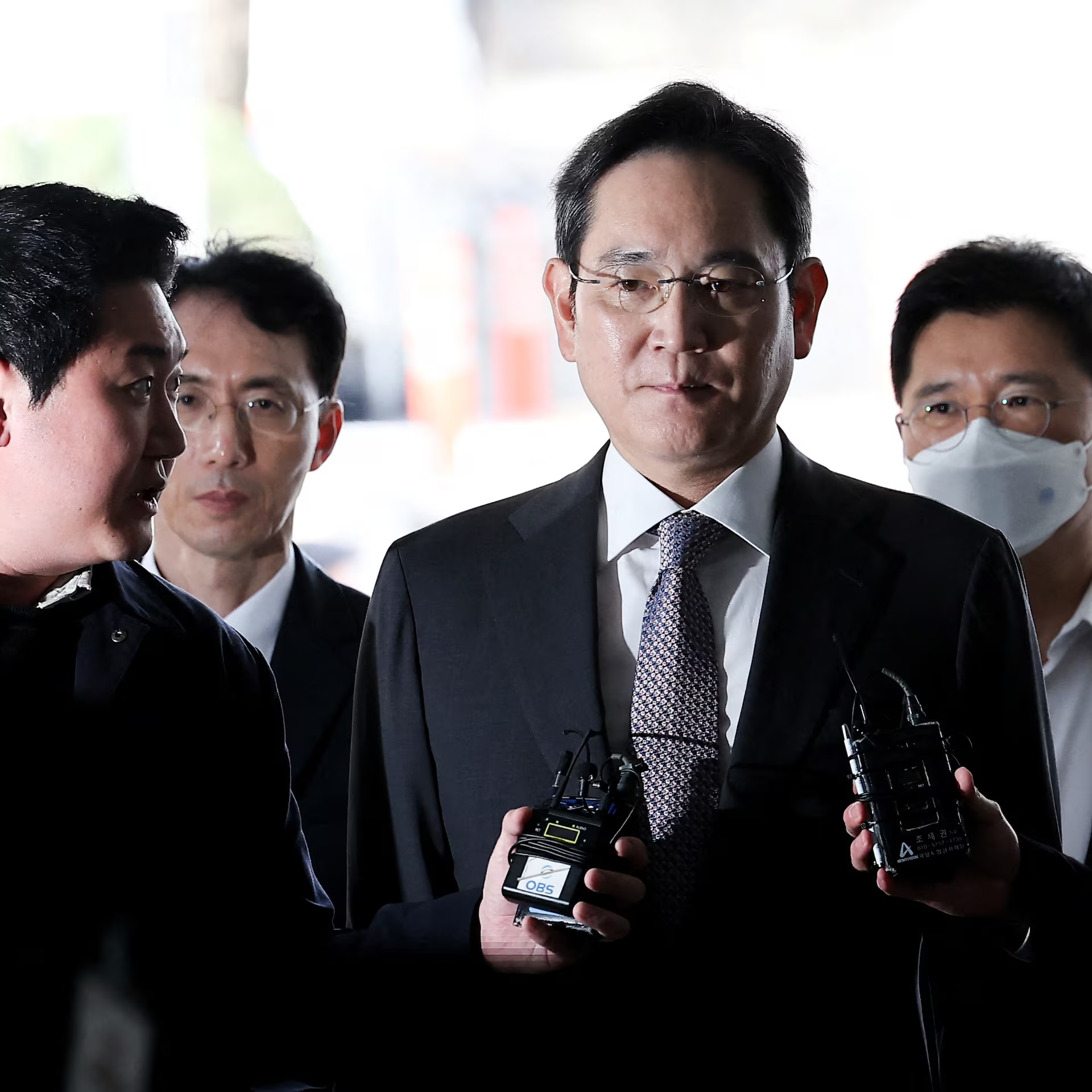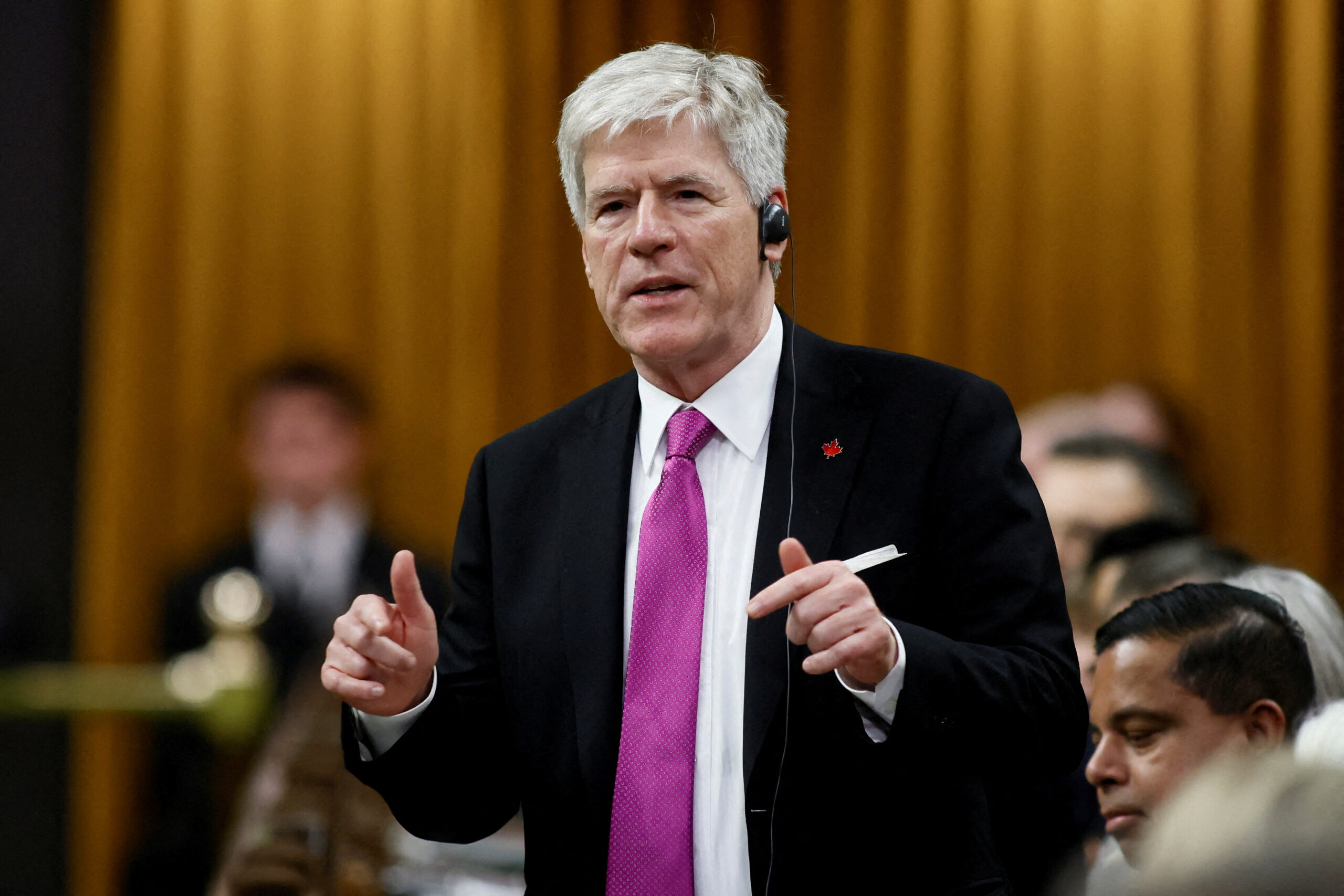South Korea’s Highest Court Acquit Samsung’s CEO from Misconduct Charges
Samsung’s CEO, Lee Jae-yong, has been acquitted of fraud charges by South Korea’s highest court, thereby ending a protracted legal dispute regarding his involvement in a 2015 merger agreement.
Lee, the de facto chief of the company since 2014 and the grandson of Samsung’s founder, had been accused of attempting to acquire control of the firm through stock and accounting fraud.
After Lee was acquitted of all charges in two previous trials, the Supreme Court in Seoul upheld a not guilty verdict in its final verdict.
The technology behemoth was subjected to extensive scrutiny in the wake of the case, as the nation continues to address corporate corruption scandals involving its influential family-run conglomerates, or chaebols.
Samsung’s attorneys declared on Thursday that the Supreme Court’s final ruling has unequivocally established the legality of the merger of Samsung C&T and the accounting treatment of Samsung Biologics.
“We express our sincere gratitude to the court for its prudent decision, which was reached after an exhaustive five-year trial process.”
Lee and his advisors were accused by prosecutors of fraudulently inflating the value of his pharmaceutical company, Samsung Biologics.
They contended that the increased value enabled him to acquire a larger share of a critical Samsung subsidiary in a 2015 merger deal, thereby ensuring his succession.
Prosecutors also claimed that the merger was intended to transfer control of the company from Lee’s father, Lee Kun-hee. In 2014, his father went through his own legal difficulties and passed away in 2020. He suffered a heart attack.
In 2017, the younger Lee was initially apprehended for corrupting an advisor to former President Park Geun-hye in order to facilitate his succession at Samsung.
He had two distinct imprisonment terms shortened during his legal troubles, one of which was due to a special presidential pardon while he was on parole from prison.
The government at the time stated that the leader of the country’s largest corporation was necessary to lead South Korea’s economic recovery in the aftermath of the Covid-19 pandemic.
In 2024, a district court absolved Lee of all charges associated with the merger of two of its subsidiaries, which was valued at approximately $8 billion (£5.97 billion).
After prosecutors appealed the case in the High Court, Lee was once again acquitted.
Samsung’s challenges have been exacerbated by the legal proceedings that have transpired over the past decade, as the company has grappled with the growing intensity of its competition.
In recent years, Samsung Electronics, which has significant operations in the production of computer processors and smartphones, has experienced a decline in sales.
Lee acknowledged that Samsung is confronted with significant obstacles during a trial last year.
“The reality that [Samsung] is currently facing is more challenging than ever, but I will persevere and make progress,” he declared.
Another potential obstacle for Samsung, which exports a substantial quantity of products to the United States, is the tariffs imposed by US President Donald Trump.
The business community of the nation expressed its approval of the court’s ruling.
In a statement, the Federation of Korean Industries stated that the ruling will enable Samsung’s leadership to make rapid decisions, which will assist the economy in navigating the trade turmoil with the United States.
news via inbox
Get the latest updates delivered straight to your inbox. Subscribe now!




